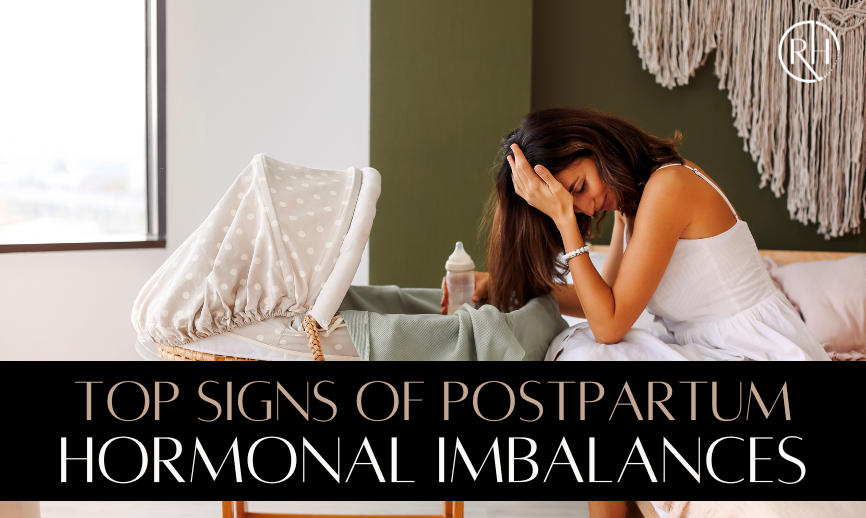Top Signs of Postpartum Hormonal Imbalances
At REVV Health, we help people with hormonal imbalances achieve optimal hormonal health through natural compounds. A hormonal imbalance can manifest itself in several ways. However, there are special circumstances that can create hormonal issues. Pregnancy and childbirth cause dramatic changes in a woman’s endocrine system – one of the body’s main systems and the one that regulates hormones.
Throughout pregnancy, most women are carefully monitored by their obstetricians, and a host of problems can arise that affect their and their babies’ health. But after childbirth, it often seems that the baby’s health takes center stage. Problems with the mother’s health can get overlooked when they do not manifest themselves in physical – as opposed to emotional or behavioral – ways.
Pregnancy Stimulates Significant Hormonal Changes
It is almost a running joke with expectant dads that a woman’s behavior changes during pregnancy. There are times when things like odd food cravings or peculiar physical complaints can be humorous when it comes to motherhood. But there is a serious side, as well. Many of the feelings that women experience during and after pregnancy are a result of natural hormonal changes. Still, some women respond more acutely to the changes, and sometimes these changes can result in severe symptoms that feel almost overwhelming.
During pregnancy, a woman’s progesterone and estrogen levels are very high. These hormones support pregnancy and produce high levels of dopamine and serotonin, chemicals that affect the brain to improve one’s mood. Accordingly, it is not uncommon for pregnant women to feel very happy – even when the pregnancy can cause unpleasant experiences, like morning sickness or aversion to certain smells and foods.
After giving birth, however, the progesterone and estrogen levels drop substantially and rapidly. This is accompanied by the body’s shift to producing oxytocin and prolactin. The physical effects of these chemicals are to induce uterine contractions and stimulate the production of breast milk. Both of these chemicals can contribute to helping a mother bond with her child, and oxytocin, especially, is associated with feelings of love and connection.
Postpartum Depression is Very Real: Signs to Look For
But things are not always so rosy. Many people have heard of “the baby blues” or postpartum depression, but unless you have experienced these feelings for yourself, they can be a bit of a mystery. Significantly, although it is just the mother who experiences the hormonal changes, the effects are felt throughout the household because the emotional swings can severely affect the mother’s temperament and mood.
For women experiencing these effects, the situation can be almost debilitating, particularly when coupled with the responsibility of caring for a newborn baby. New mothers are often physically exhausted following childbirth, of course, but the emotional aspects of what is happening due to hormonal changes can be similarly exhausting. Women who suffer from postpartum hormonal imbalances may exhibit the following:
- Insomnia
- Weight gain
- Development of cysts or fibroids
- Fatigue
- Depression
- Anxiety
- Headaches
- Decreased libido
- Difficulty concentrating
- Dramatic mood swings
Distinguish Between Normal and Abnormal Changes
Of course, many of the signs noted here are things that anyone can experience, whether or not there is a hormonal imbalance. In addition, after giving birth, it is normal to experience hormonal imbalances that affect behavior, and many women are somewhat used to experiencing these changes when they have their periods. Consequently, it is essential to distinguish between what can be reasonably expected to occur after childbirth and when a change requires intervention.
After giving birth, it may take a few weeks for a woman’s system to restore balance to the new circumstances of caring for a newborn. In particular, breastfeeding is supported by the production of prolactin, oxytocin, and other hormones that will suppress ovulation and menstruation, delaying the ability of the mother to get pregnant again. But if the symptoms above continue beyond a few weeks, and if the symptoms are more pronounced than what can typically be expected, it is crucial to have the imbalance addressed. Hormonal imbalances during this period can actually inhibit the ability to breastfeed, so the consequences of imbalances may affect not only the mother but the baby.
Thankfully, it is possible to obtain treatment for postpartum hormonal imbalances. Through a simple blood test, REVV Health can determine whether your hormone levels are optimal for your situation. We can recommend actions you can take and prescribe compounds to add to your diet to help you undertake your motherhood responsibilities with renewed energy and help keep you physically and emotionally healthy. If you are experiencing postpartum problems, reach out to REVV Health today.


